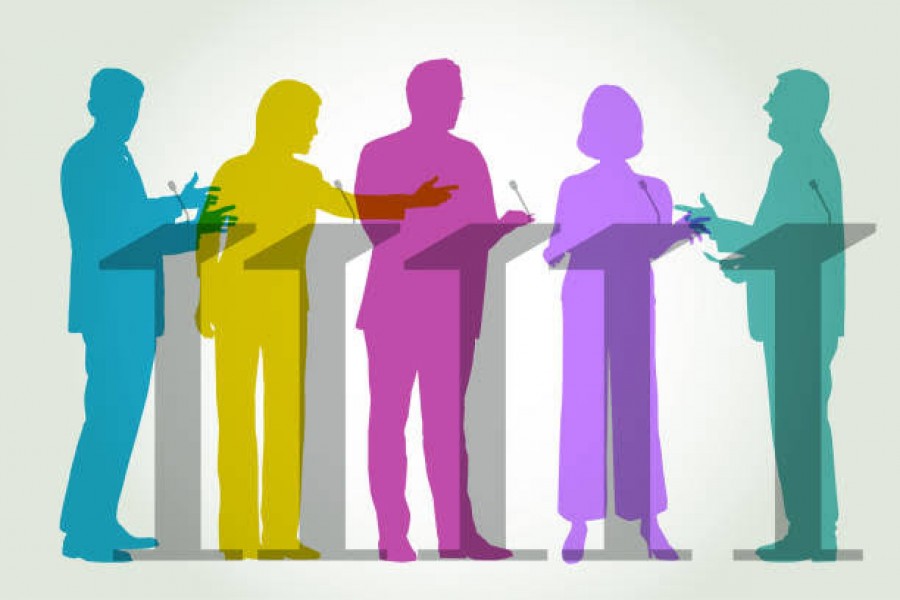Logic shapes every choice of our daily lives. Logical thinking enables someone to learn and make decisions that affect their way of life. People would all be running around like chickens with their heads hacked off if no one thought sensibly, and nothing would make sense.
Every year on January 14, World Logic Day draws the attention of interdisciplinary science groups to the philosophical history and practical relevance of logic. The day also honours the notion that logic, or reasoning, is a fundamental feature of human beings. Now what is logic and why is it so important in human affairs? The answer is that logic assists a person in better understanding of good arguments -- it assists someone to distinguish between pros and cons of a scenario. People want to have beliefs that are well-founded and want to know what to trust.
Nafis Kazi is a final year student of Finance and Banking at Bangladesh University of Professionals. Being a former debater, he believes logic is extensively embroidered in our social fabric. According to him, logic helps to make precise decisions. "As a human being, we dwell in perpetual shortage of resources. Without the help of logic, it would be impossible to make those trade- offs in every dimension of life," he remarks.
Logic can also be a good tool to analyse other people's arguments. When someone grasps how to interpret arguments and how they should and should not be constructed, they will uncover all types of faulty arguments out there that can damage their opponent's conclusion, especially during debates.
Logic and reasoning are vital in work training and development. Logic and reasoning are fundamental in management, administration, law, finance, engineering, physics, chemistry, archeology, history, and other areas.
Ali Mortuza, a content writer from Dhaka, thinks logic and reasoning are essential to remember and apply for the best or most desired results when confronted with a typical daily circumstance or a particularly tough problem or issue to handle. According to him, the capacity to think logically is quite useful for our personal growth too. It enhances decision- making skills as well as we learn to stitch and defend our own perspectives.
People are constantly analysing available facts and forming predictions about what will happen next. When you're walking down the street, your assessment of the available evidence leads you to the conclusion that it's safe to put one foot forward for the following step.
Mortuza, however, brings an important point mentioning the importance of mastering the art of respecting others' opinions while crafting a logical argument. "Of course, we should try to establish logic to present our thoughts but hurting others with words isn't a productive approach to take when you encounter someone who disagrees with you." He emphasises keeping a close tab on being tolerant to peoples' opinions and present ideas through well-constructed systematic and reasoned arguments.
The writer is a student at the Department of International Relations in Bangladesh University of Professionals.


